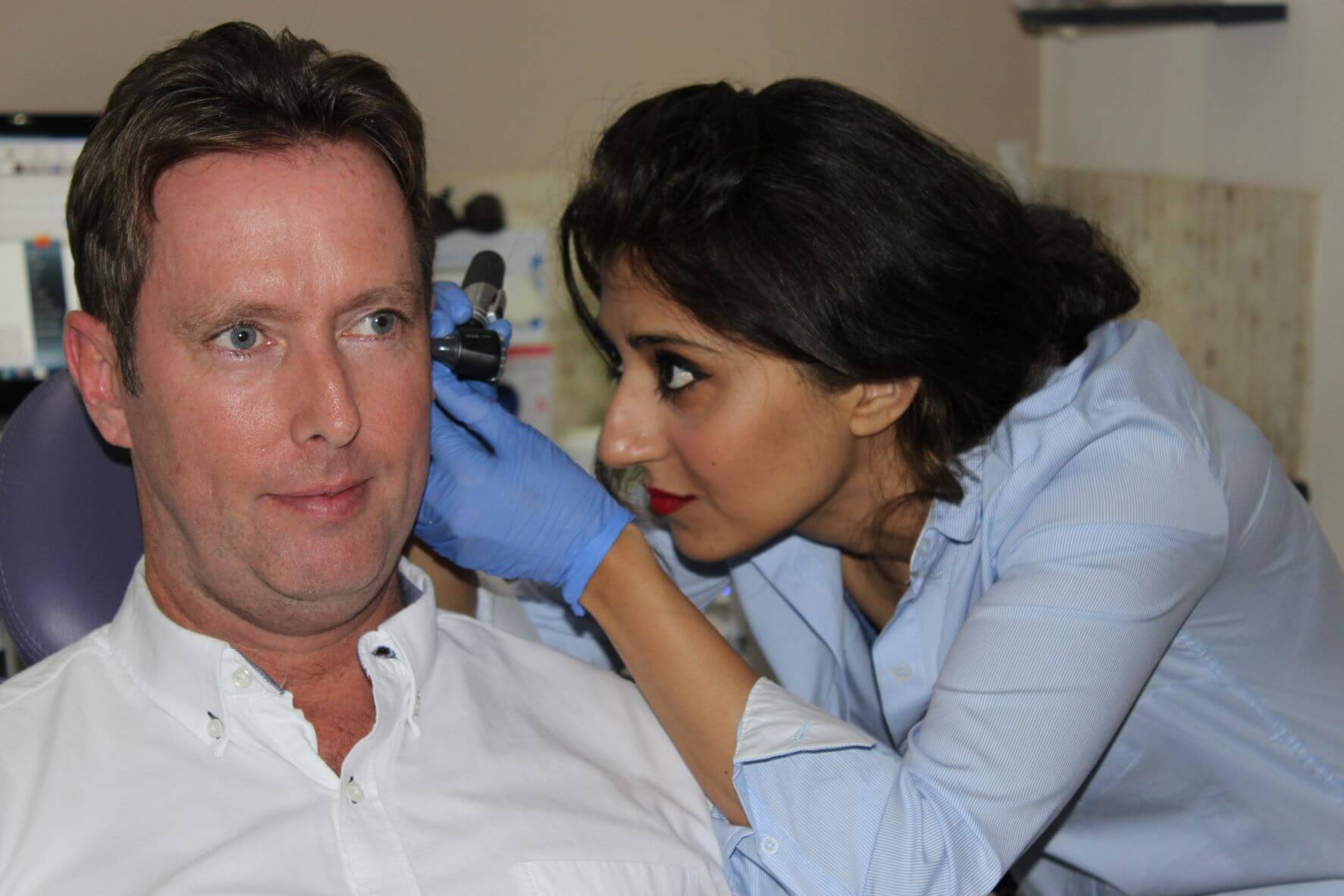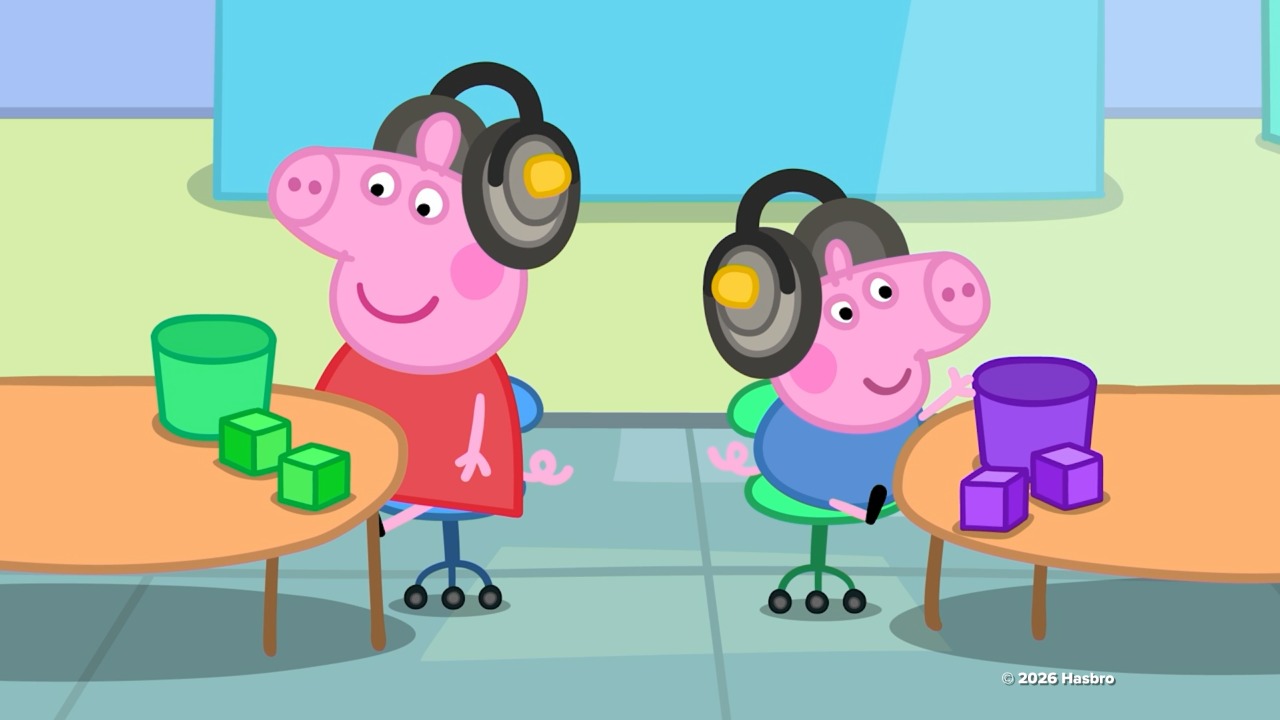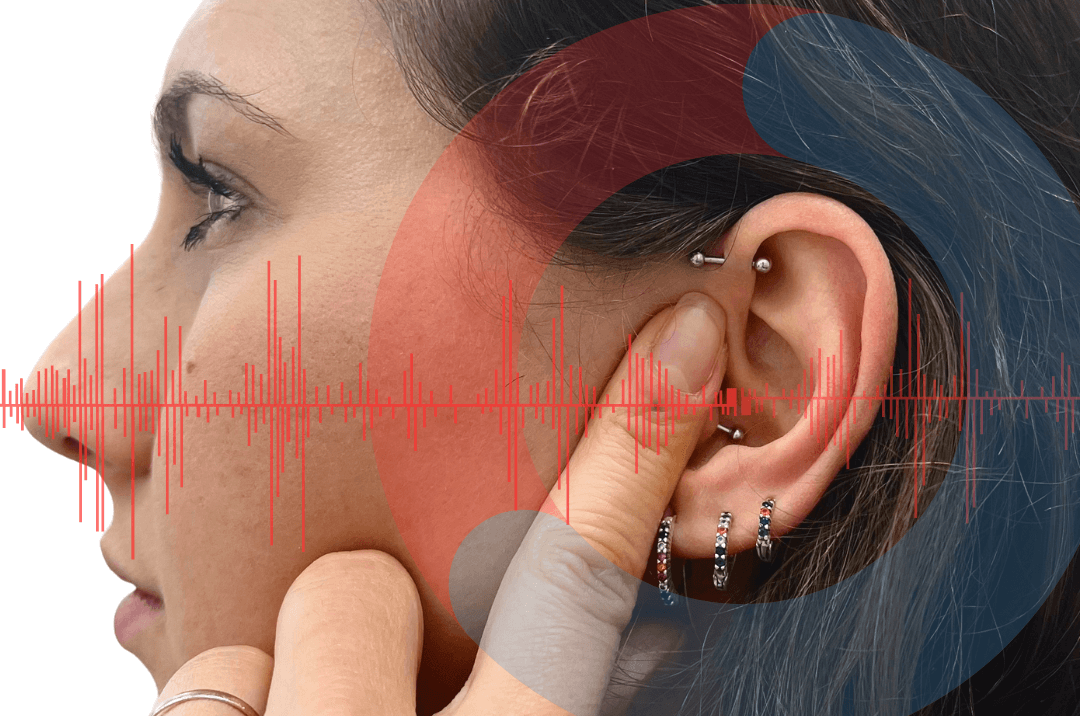
What Is Diplacusis?
Diplacusis is a rare hearing disorder in which a single sound is perceived differently by each ear. Instead of hearing
There are lots of different reasons as to why people suffer with a ruptured eardrum with the most common being from loud noise. This could be from spending too much time around loud noise without proper ear protection or just from one experience where the noise was simply that loud it caused damage to your eardrums.
The eardrum is a small membrane or flap of tissue that separates the outer part of the ear from the inner. It is very delicate and can’t cope with too much sound energy meaning if you are exposed to noise that is too loud or you are exposed to loud noise day in, day out it can split, rip or tear. This leaves you with a perforated eardrum which can cause discomfort.
Sound is a form of energy that travels in waves and the louder the sound, the greater the energy. As sound waves travel, they spread out and their intensity becomes less meaning the further away you are form the source of the sound, the less loud it will be to you.
If you’re a regular here then you’ll already know that sound is measured in decibels. Most everyday sounds are relatively low on the scale and therefore pose no risk to your ear or hearing. However, there are everyday sounds that are very high and could cause damage to either your hearing or your eardrum. These noises are from things such as power tools, motorbikes, lawnmowers and many more. Luckily for us, we can protect our ears and our hearing by wearing protective ear defenders which dramatically reduce the risk to our ears.
One of the first signs that you have suffered a ruptured eardrum in one or both of your ears will be an extremely painful earache alongside not being able to hear properly. Your hearing may seem muffled. You could also experience discharge from your ears if the eardrum has been ruptured, although this could be from an infection instead. Another sign is that you could experience tinnitus; a ringing or buzzing sound that has no external source. There are many other symptoms that people can experience that are perhaps not as common, such as dizziness, nausea, fever, itchy ears or a whistling noise. If you are experiencing anything like this, it is important that you seek advice from a GP or audiologist.
Whilst being diagnosed as having a ruptured eardrum can be worrying and often painful, it often does heal itself in a few weeks and there’s nothing that you need to do for this to happen. In rarer cases, medical intervention may be required. This is most often where there is an infection and antibiotics will need to be taken for it to clear up.
If your eardrum hasn’t healed after a few weeks, this may mean that the tear is too large to heal naturally. In this case, you may need surgery to repair the eardrum. The procedure is carried out under general anaesthetic and a tiny piece of tissue is taken from behind the ear and used to patch the hole in the eardrum. If you do have to have surgery, there are some things you should avoid for a while afterwards, such as flying and swimming. You will also have to avoid blowing your nose hard.
Whether you have surgery or not, it’s generally recommended to keep water out of your ears so you will need to be careful when showering or in the bath. If you are experiencing pain with your eardrum during your recovery then it is fine to take paracetamol.
Ultimately, the best advice we can give you is to always wear ear protection when you know that you will be around loud noise. Your hearing is never something you should take for granted. If you would like any further advice, as always, don’t hesitate to get in touch.
[html_block id=”3745″]

Diplacusis is a rare hearing disorder in which a single sound is perceived differently by each ear. Instead of hearing

Whether you have children in your life or not, we’re willing to bet you’ve heard of Peppa Pig and her

Tinnitus is the perception of sound when there is no external source. It is commonly described as a ringing in